Understanding and Easing the Physical Symptoms of Grief
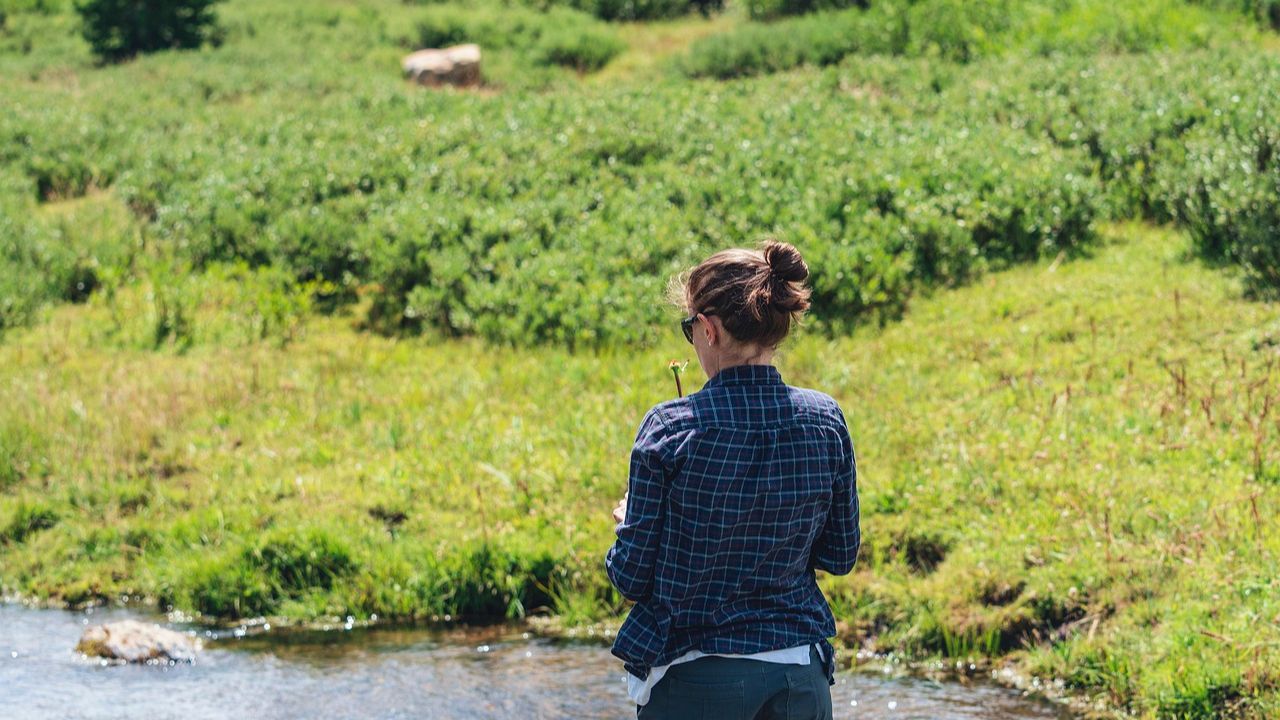
When we think about grief, we often focus on the emotional toll that it places on us - the intense sorrow that throws our thoughts, behaviours and feelings into a tailspin. However, what we appear to have less understanding about are the physical symptoms of grief and the profound impact that grief has on our physical health. The physical pain we experience when we lose someone can often take us by surprise. It can add another layer of suffering onto our existing emotional trauma and can feel very frightening and confusing. In this blog, I’ll explore why we experience physical pain or discomfort during grief. I’ll identify the ways in which grief shows up in our bodies and share some tips on how we can ease these physical symptoms.
Why we experience physical pain during grief
During grief, especially those early stages, when our despair is so raw, our bodies enter into an intense and prolonged stress response, during which our sympathetic nervous system - essentially our threat detec...
My Husband Has Died - Now What?
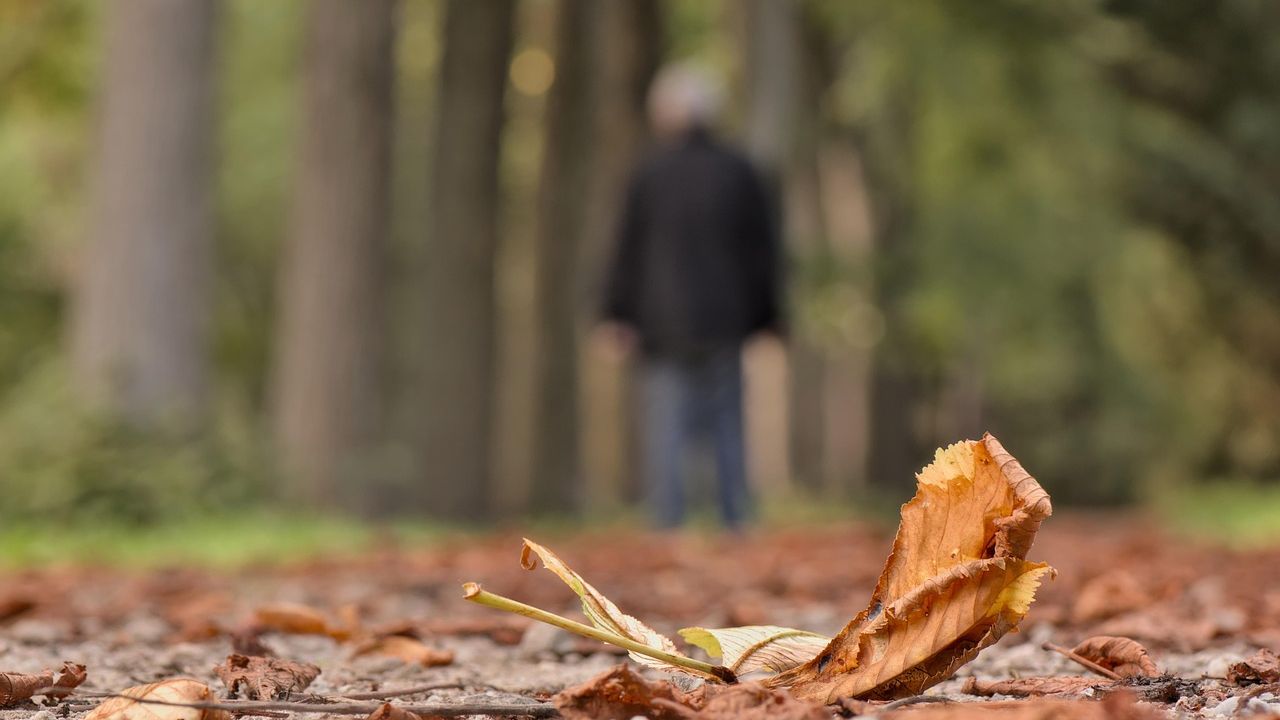
My husband has died. ‘Now what?’ ‘What do I do?,’ ‘What should I expect to feel?,’ As a grief coach, I get asked these questions a lot. They’re questions I asked myself when my husband passed away in 2016.
In this blog, I won’t be covering how to deal with the practicalities of losing someone such as how to arrange a funeral or pay off a mortgage. Instead, l’ll discuss how grief can impact you as a person. I’ll explore what grief is, how it manifests and how with the right knowledge and approach, you can learn to navigate it more peacefully.
How grief affects us
There are few things in life as painful as the death of a spouse. Overnight, our world shatters into a million pieces and we are suddenly thrust into a life of turmoil, where nothing looks familiar. Our loss affects every corner of our universe. We question how we will survive, or whether we even want to.
And what makes dealing with this loss even worse, is that we just aren’t prepared for the monumental impact that our ...
Widowhood Doesn’t Define You: How to Reclaim Your Identity After Loss

I speak to so many women who have lost their partner or husband and hate having to call themselves a widow. It’s a term that instantly reminds them of everything they have lost and one that comes with expectations. In this blog, I’ll suggest that the word ‘widow,’ is just that – a word, a label that society has conferred on us but that needn’t define nor limit us. I honestly believe that whilst it may describe what we are it shouldn’t ever define who we are.
Historical perceptions of widows
When we hear the word ‘widow,’ we tend to envisage a sombre elderly lady, dressed head to toe in black, not someone in their 30s, 40s or 50s. It’s an image that’s been handed down to us from the Victorian era when widows used to dress in black as a way of reflecting their inner pain and were also expected to curtail their social engagements and mourn for a significant period of time. Sadly, these societal expectations have endured and continue to shape and define widowhood today.
Unhelpful expe...
Why the Second Year of Widowhood Isn't Always Easier.
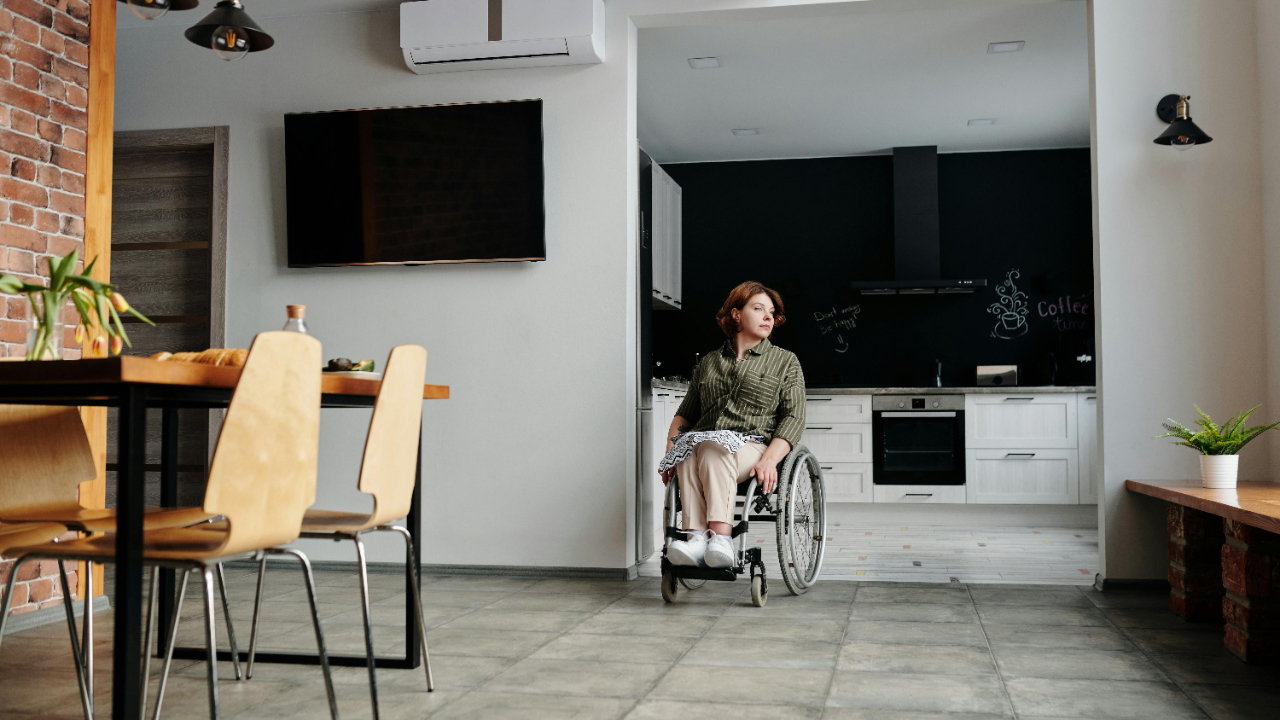
Widowhood is unimaginably hard. The heaviness of our grief, especially in that first year, can leave us nothing more than broken shells getting through each day on autopilot. For many of us therefore, getting through our first year of widowhood can feel like a monumental achievement - and something we should rightly be proud of. We might begin to look ahead to the second year of widowhood with less fear and more hope and wonder what it may bring: a greater sense of peace perhaps, a deeper sense of relief and surely…less pain? Sadly however, for many of us, the arrival of this second year can feel like an enormous sucker-punch - leaving us utterly blindsided and confused as we grapple with the reality of our loss.
In this blog, I’ll explore why the second year of widowhood isn’t always easier than the first and identify some ways we can help ourselves through it.
Why does the second year of widowhood feel harder?
#1 The reality of grief sets in
During the first year of grief, the sh...
3 Ways You Can Improve Your Grief Journey
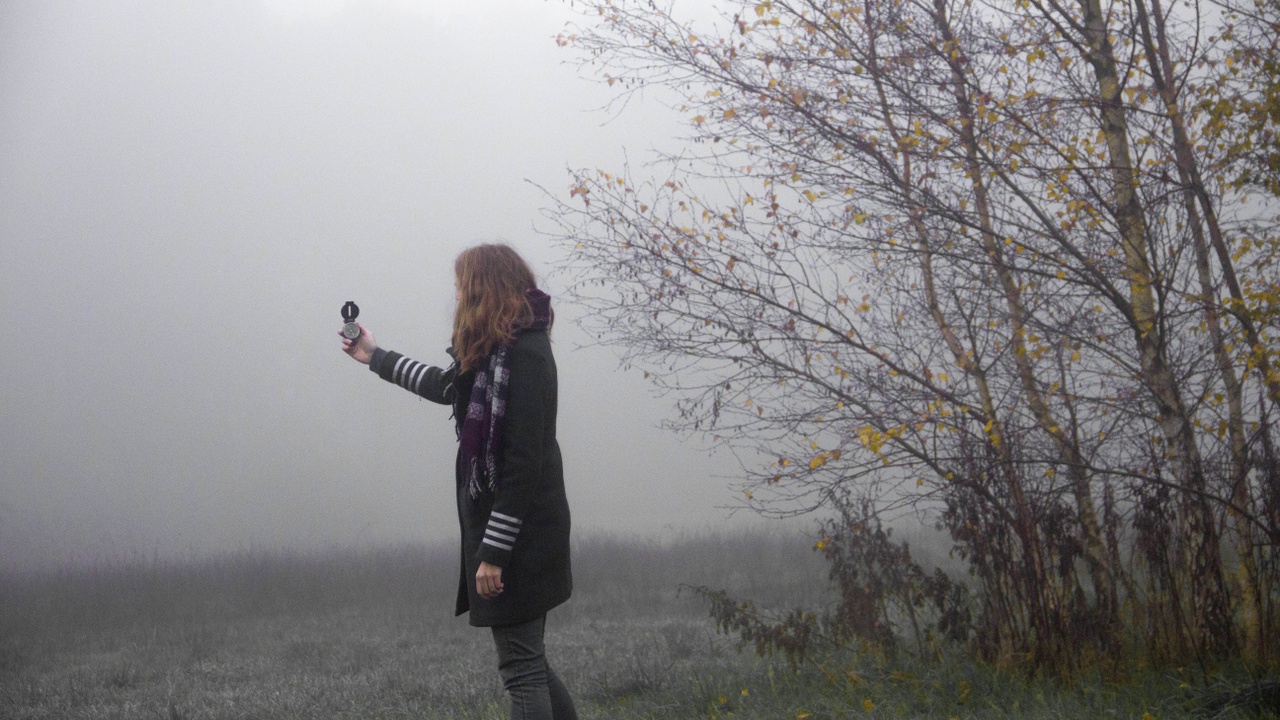
Grief is unbearably heavy. It consumes us. It decimates our lives and it can bring us to our knees. And sadly, when faced with such intolerable pain, there is no ‘one size fits all’ guide map, no magic wand that grants us instant relief and no sure-fire way to feel better.
But, during my own journey through widowhood, I have learnt that there are three things we can do to help ourselves grieve more positively and more constructively and that will ultimately determine how well we do in life after loss.
In the following blog I will identify these factors and explore how they can help us to steer our grief, influence our ability to find peace, love and happiness and support our search to create something truly meaningful after loss.
# 1 Establish and use your support systems
One of the biggest determinants of how well we fare during our grief is how fully and openly we embrace our support systems. Yes, the responsibility for healing after loss, ultimately rests on our shoulders. Sadly...
Feeling is Healing: Understanding Emotions in Grief

Grief. Many people think they know what it looks like and how it’s going to manifest. They’ve read depictions in books and seen it portrayed in films. They may even have seen someone go through it. They understand it to be a world of devastation, despair and heartache.
However, in truth, an individual’s journey through grief is far more nuanced. It can give rise to a multitude of feelings, many of which can cause intense conflict, overwhelm and confusion.
Unfortunately, rather than recognising these feelings as a necessary part of their healing, and as an essential part of the human experience, they are commonly viewed as ‘problems’ to be solved. From such a perspective, people often resort to judging, criticising and creating shame around their feelings, resulting in them being pushed away and ignored.
A useful analogy to consider is grief as a river. Those that grieve, have to learn to travel this river and navigate their feelings. However as painful and difficult feelings surfac...
Learning to Heal After Loss: 4 Self-Care Non-Negotiables
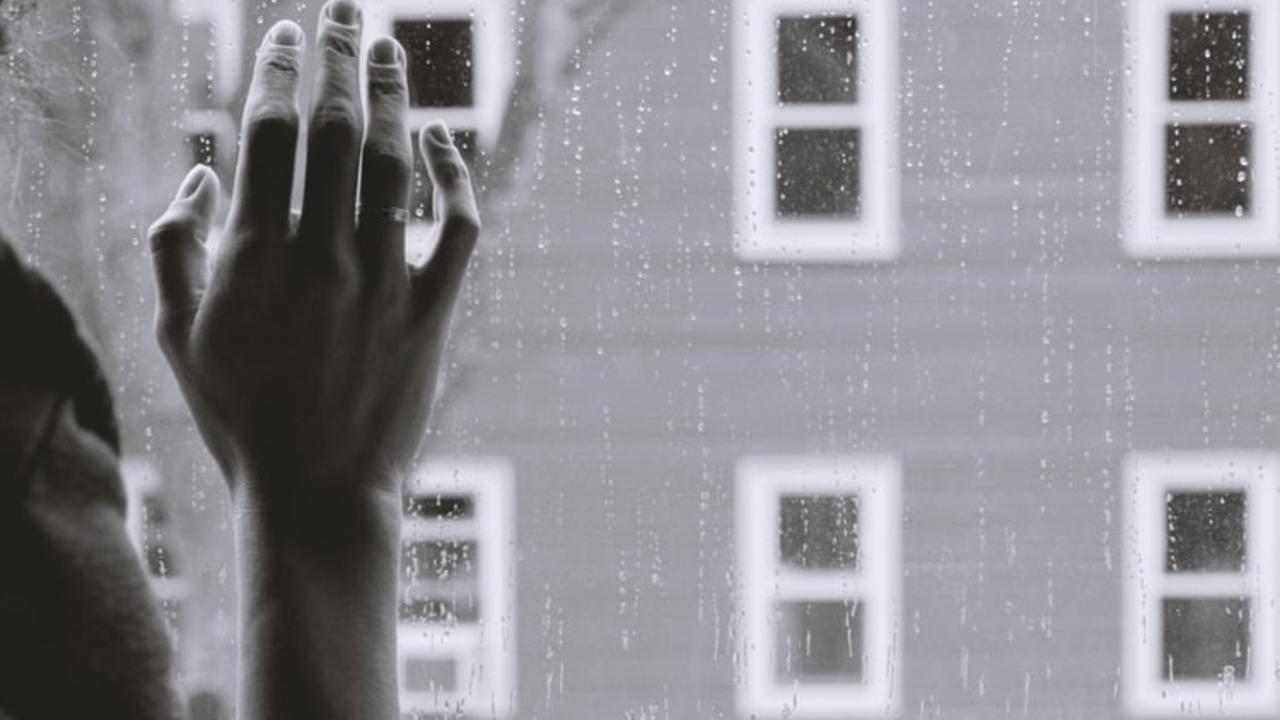
Looking after our own basic needs in grief is often overlooked. We’re so tired, sad and lonely that we don’t see just how important it is to make sure our basic needs are met.
In this article I want to highlight to you four key areas that are important to your healing journey. They’re not obvious, especially when you’re in the depths of grief. When your brain is overwhelmed with everything you have to deal with, your fundamental needs can be forgotten.
By reading this article, I hope you’ll begin to understand how important these four key areas are to your healing journey. Hopefully, you’ll start taking steps in each area so that you’re more equipped to deal with the grief you’re going through.
#1 Get plenty of sleep
When we lose someone we love, we are unable at times to meet those basic human needs. This is because we’re completely overwhelmed and exhausted.
This is why the first key area important to your healing journey, is sleep. Without sleep, we cannot cope, function o...
Embracing Change After Loss: 11 Helpful Hints

In this article we will discuss why change is so challenging and how to overcome the barriers holding us back from sustainable change. Whether it is forced upon us or we decide to make it for ourselves we often battle with the thoughts and processes involved in changing lifestyles and habits.
There are a million reasons as to why we don’t take that first step towards change and they are all understandable, but honestly, they’re just excuses, they’re the stories we tell ourselves to justify not doing something.
#1 NEGATIVE BIAS?
Before we start it’s important to understand that our brains have a negative bias, negative events have more of an impact on us than positive ones and this can have a powerful effect on your behaviour, decisions and relationships.
We have a natural tendency to develop a victim mindset, we remember traumatic experiences more than positive ones, think about negative things more often than positive and we respond more strongly to negative events.
As humans we ...

